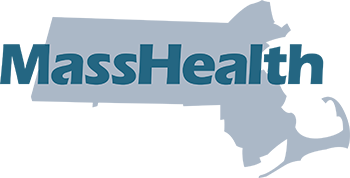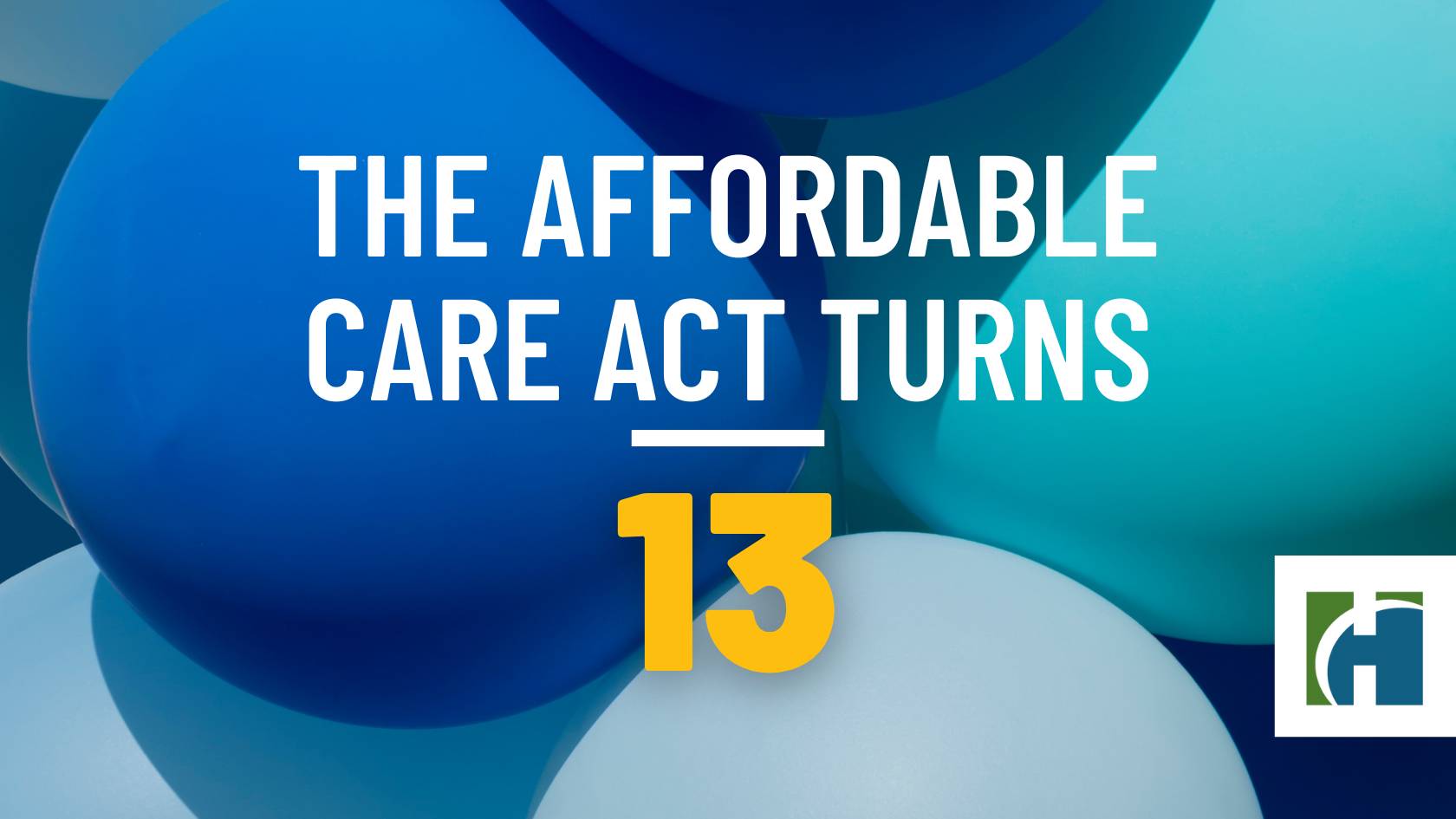Since becoming law in 2010, the Affordable Care Act (ACA) has delivered – from the tangible, like the hundreds of millions of dollars available to help Massachusetts residents pay for their health insurance, to the intangible feeling that comes with knowing your health insurance means getting services and treatment when needed.
Today is the 13th anniversary of the ACA. Through the years, it has proven to be significant, durable, and able, delivering health and financial support to hundreds of thousands of Massachusetts residents and millions around the country.
The ACA continues to be instrumental in increasing the number of Americans with health insurance coverage, from These beneficial effects are significant as more people having health insurance means fewer people going without necessary medical treatments or being unable to afford medication. Access to health care not only improves individual health outcomes but also helps make communities stronger and healthier.
The ACA extends benefits beyond private insurance, such as expanded Medicaid coverage for low-income households and support for plans like Medicare Advantage, allowing seniors to receive additional coverage outside of traditional Medicare.
As the ACA celebrates its 13th anniversary, it is important to note that this landmark legislation continues to evolve and adapt as changes are made at the federal level, such as expanding subsidies for Americans buying health insurance through a health insurance Marketplace, like the Massachusetts Health Connector. These changes are helping improve affordability, coverage options, and consumer protections for people who need health insurance.
On this anniversary, we should celebrate all the successes achieved by the Affordable Care Act and look forward with optimism as we continue to work towards making quality health care accessible and affordable for all Americans.
Here are some highlights of the ACA’s impact in Massachusetts:
Market Reforms and Coverage Expansion
Affordability
Increased ACA subsidies are helping hundreds of thousands of low- and moderate-income residents across the country by enhancing and expanding premium subsidies available through state-based Exchanges like the Health Connector.
Small Business Support
The ACA has also provided Massachusetts with important tools to meet the needs of small businesses in the state through the Health Connector for Business (HCB), established in 2018 to bring the ACA’s Small Business Health Options Program (SHOP) of the ACA to Massachusetts.
Health Connector for Business…
HCB currently serves approximately 12,000 employees from 2,000 businesses.








